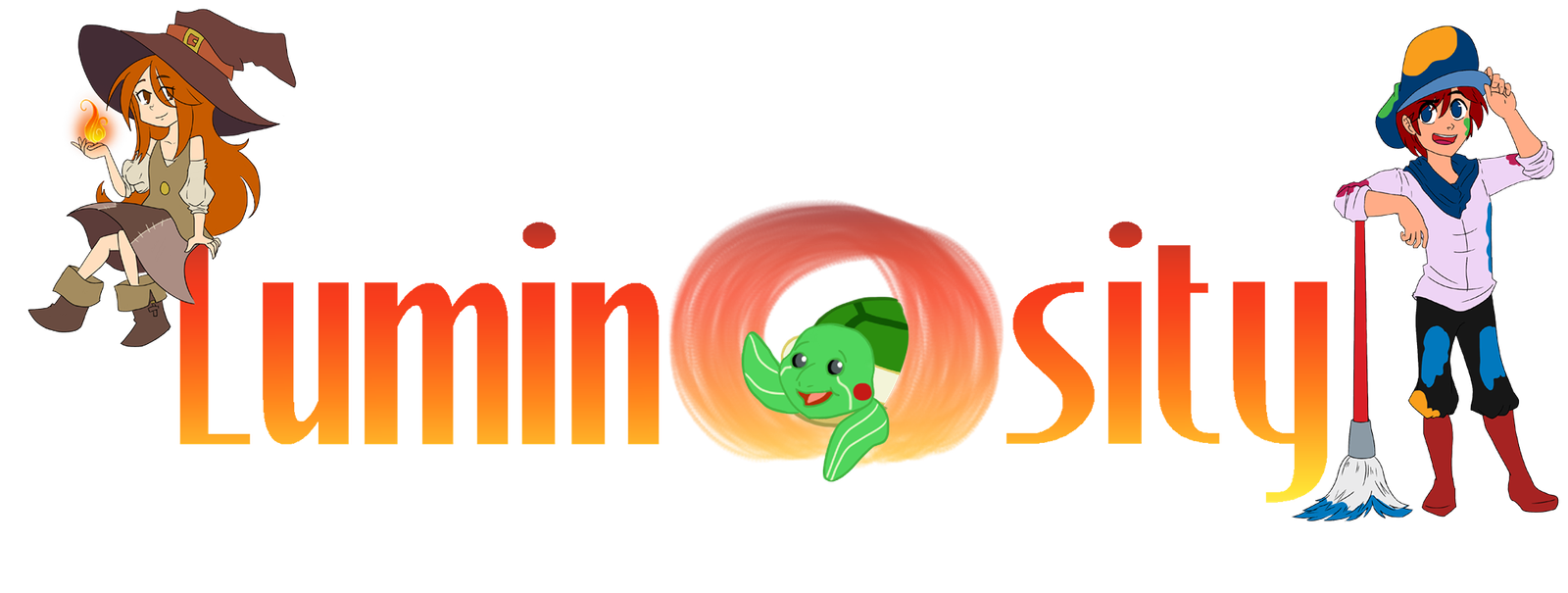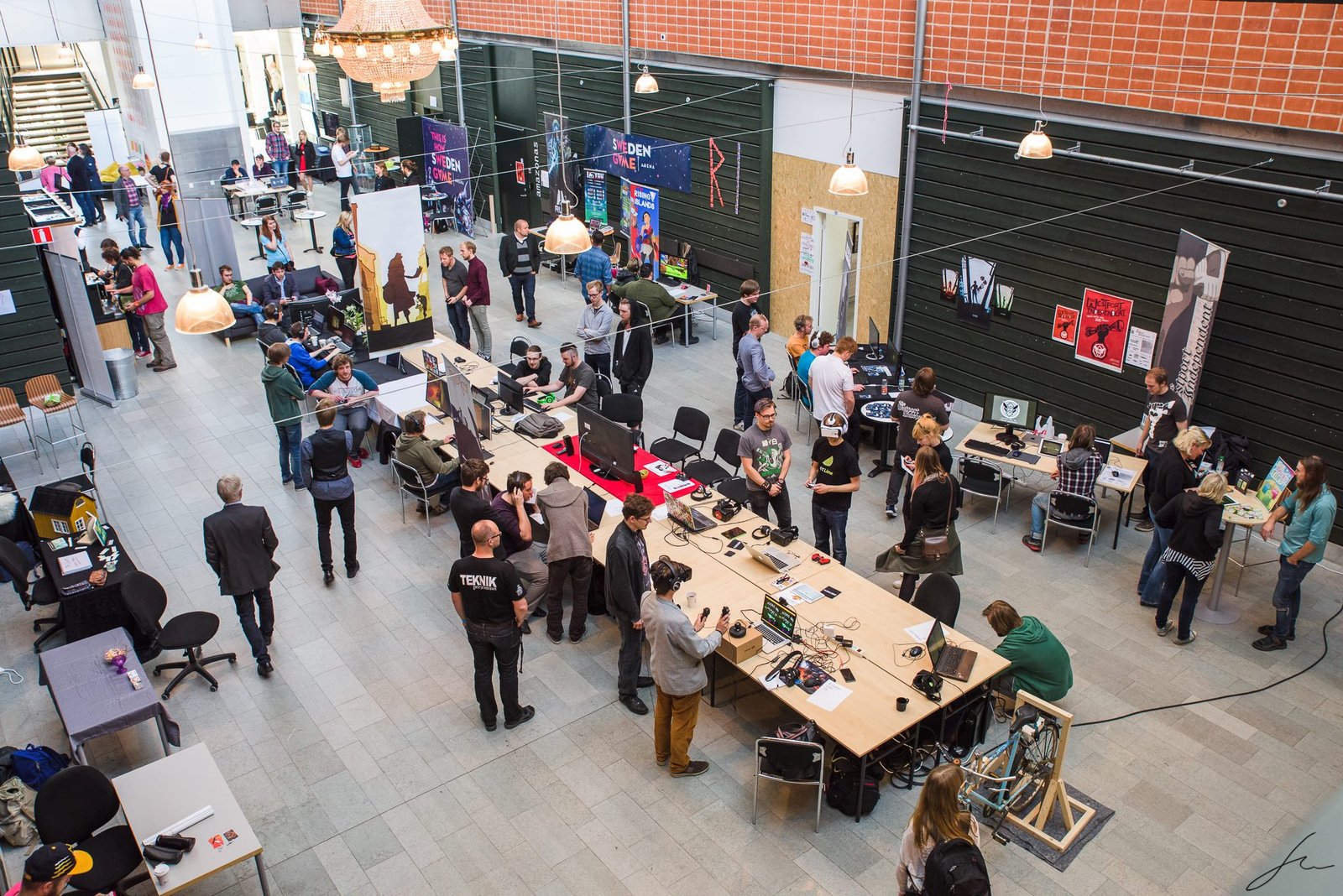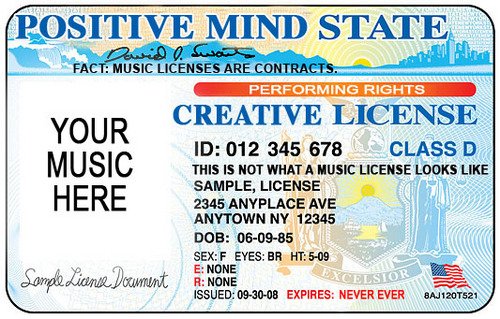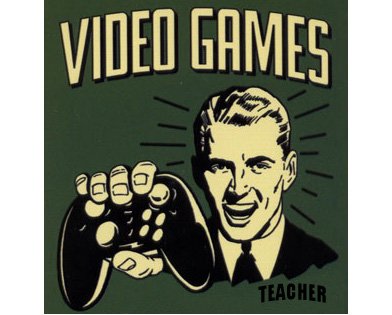A couple weeks ago I was invited to speak at a Game Industry Panel hosted by the Wharton Korean Undergraduate Business Society at University of Pennsylvania. I was joined by two other panel members who have both worked at large game companies like Riot and Blizzard. The idea of the panel was to two-fold: discuss our experiences at our companies while also providing an overview on different ways people could become involved in the game industry without becoming a programmer or professional gamer. you can watch the video below:
Although I touched on a couple opportunities, I feel like I wasn’t really able to convey the plethora of options available to people. So long as you have an entrepreneurial spirit and know how to leverage your strengths, there’s really no limit to what you can do even if you don’t want to make games. The thing is, game developers often forget about a lot of important aspects outside of the actual game making. Things that might seem obvious like good marketing and contracts often get pushed to the side because it doesn’t seem like an important component of the game. While it might not be for a single person team who doesn’t really care if they make money or not, things get more complicated when you increase your team size and revenue. For this reason many developers fail because they don’t really understand the business outside of game development and that’s where I think we’ll see a huge growth in job opportunities.
So below are some more ideas as to how others can get involved in the games industry without making games.
Game Promoter
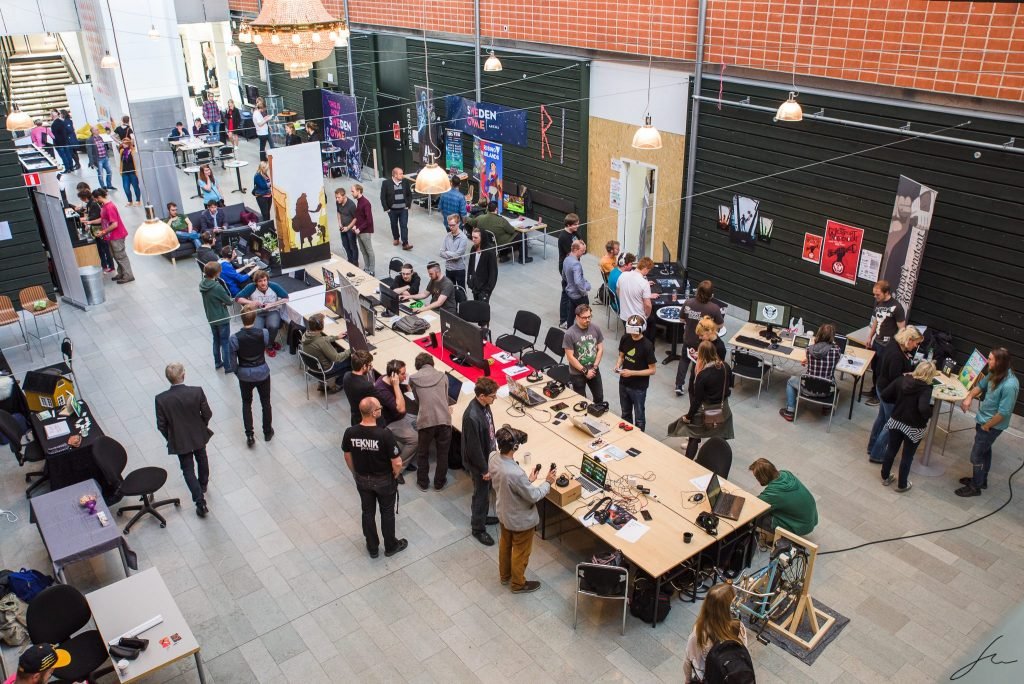
If you love talking to people and want to show off games, then you could become a game promoter. There are a lot of game conferences that happen worldwide that there’s no way a team could possibly attend them all. This is where you could come in. Basically, you would offer to promote their game at these events for a fee to cover travel/lodging, booth expense and food. We met a company that did this at Indiecade East. They showed off 3-4 games at their table and provided information on them. While they weren’t as well-informed as we would have liked, that just means there’s plenty of room for improvement.
It’s a good idea to start off small then work your way to larger events. Try to find events near you where you wouldn’t have to pay for travel and lodging at all to keep your expenses low, at least in the beginning. When building up your client list, reach out to developers whose games you really love and believe in. It will make it that much easier to promote their games and talk about them since you’ve already played them. Of course, when you do get some people, make sure to ask them as many questions as possible about the game and its development so you can answer these questions when someone asks.
Localization Expert
I touched upon this a little bit, but I think it’s worth mentioning again because I think there’s some pretty huge opportunities here. A lot of developers create games for their country’s market and expects the game to do just as well abroad. Often this isn’t the case due to different cultures, expectations, top mobile OS of the country, how people pay for in app purchases and just general wealth. For example, in Asian countries gamers spend money to progress through levels faster because they don’t want to spend too much time on difficult puzzles. In contrast, US gamers enjoy the challenge so won’t pay for the ability to skip levels. Instead they pay for upgrades or costumes. As another example Asian gamers are more likely to make in app purchases if the payment is charged to their wireless account instead of on their credit card. This is the complete opposite of European and American gamers.
If you live in or are familiar with the hot markets right now (China, South Korea, Russia, India, Brazil) you should offer your services to localize developers’ games. Not only will this include translation services, you will come up with the best monetization strategy, changing the gameplay to fit the country and possibly even changing the graphics to appeal to the market. I spoke with a Chinese localization expert at PGConnects and she informed me that they didn’t even give the developers final approval on changes. Why? Because often the developers would not want to make the necessary changes to actually fit that specific market. While I think you could be more benevolent than that it really depends on how well you know your stuff.
Plenty of game developers are looking for translation services. Just hop on a Facebook Game Developer group and offer your services. You’ll be sure to pick up a couple takers.
Game Lawyer
If you’ve got your law degree and want to help out game designers with contracts, then become a game lawyer. In essence, you’d more or less be an entertainment lawyer but with a focus on games. Most of your work would cover IP laws, drafting up contracts, creating privacy policies, ensuring child-friendly games are COPPA compliant, forming companies and looking into things like end user agreement and software licensing. While it might not be glamorous, there’s a dearth of qualified lawyers who have an interest in helping and representing independent game developers.
With that said there are a couple in New York City, most notably Christopher Reid. Of course, that doesn’t mean you can’t start your own practice. And if you live in another gaming mecca like San Francisco, Seattle, Denver, etc. you likely won’t have too much competition.
Ad Network Provider
There are literally hundreds of ad service networks for mobile, but they all offer more or less the same thing. You can choose from banners, interstitials or videos and then place them at certain parts of the game. Some have gotten a bit more enterprising and offer more interesting ways to get people to watch ads or purchase in-app purchases. One of the most popular ways I’ve seen is through a kind of gambling mechanic. Players can spin a wheel or something similar for a prize. The first play is free, the next is free if you watch an ad and the last one requires the use of real money. Developers can set up how often players can get a free spin (once a day, once a week) and then customize prices. It’s an interesting idea that will definitely see traction in places like Japan. Japanese gamers love the gatcha mechanic so I think this strategy makes a lot of sense.
With that said, I think this space needs to expand and get even more creative. For a lot of games, the ad experience is kind of this separate entity from the game. Some games like Bitcoin Billionaire do a great job of incorporating ads into the actual gameplay, but you still have to watch a video or have banner ads that have nothing to do with the game. I want to see better ads. I want ads that actually make sense in the game. For example, it would make sense to have the logos of advertisers on racing cars. They could pay for a sticker and you could place them on specific cars. Since this practice already exists in the world of Nascar and other racing events, it wouldn’t seem that out of place. Other sports game could do the same thing with Gatorade having a product placement in football/basketball games and so forth. It would definitely require more work and a better grasp of a developer’s games, but it would make the ads better and more effective.
PR/Marketing/Social Media etc.
One of the biggest downfalls of most game developers is marketing. At this point most of us know we need to do it and we understand how important it is, but we just can’t work up the effort to do it properly. We’d rather just work on our game and tweak it forever. If you’re a genius at marketing or even someone who really understands the complexities of social media, you’re an invaluable person to pretty much every indie game developer. They need someone who knows exactly what to say, which screenshots to use and how to make an amazing trailer. And if you’ve already got a big presence on social media and forums, even better.
This is a highly visible role and you’ll likely attend events in the developer’s stead so you really want to make sure you really love the game because you’ll pretty much be living it 24/7. It doesn’t just stop at tweeting. You’ll be responsible for reaching out to press for reviews/interviews, writing blog posts, creating the newsletter and more. And of course, you’ll want to make sure you have close ties with the development team and know everything that is going on.
Does this sound like a lot? It is! But if you love writing and interacting with the public AND developers then this is the perfect job for you. If you want to find clients, just ask people if they need some help with their social media. Better yet, offer suggestions on how you can improve their engagement rates and increase their followers.
Analyst
Do you love looking at raw data and turning that into beautiful charts and cohesive reports on what tactic is working and what isn’t? If you said yes then you should offer your services as an analyst. While it might not sound glamorous, like everything else it’s incredibly important for developers. Most understand the basics of analytics: length of play, bounce rate, exit screen and so forth. The problem is that many developers don’t understand what it all means and how to solve these issues. Not only will you pinpoint exactly why players are exiting the game at a specific point, you’ll also provide different options as to how to improve it. From there you’d be setting up A/B testing to see what performs better.
This might be a difficult one to jump into as a freelancer, but it isn’t impossible. You could start a blog analysing various games and looking into what works, what doesn’t, possible exit points and how to solve it. Link to the developers and if they are impressed with your work you can offer your services to analyse their current games in progress for potential issues before it gets published.
Consultant
You don’t need game industry experience to provide good advice on running a business. If you have experience running your own successful business, why not offer your services to those who are just starting out. Knowledge is invaluable as is advice on how to create a product people want to buy. While there are plenty of articles on these topics, nothing really beats direct mentorship. Topics of interest for most indie developers is: how to raise money, how to present to an investor, help on creating business plans, marketing strategies, setting up a company, trends, networking opportunities and so forth.
Only become a consultant if you truly believe in the project and want to give them that necessary push forward.
Licensing Expert
Can I put a cover of a popular song in my game without paying a licensing fee? I don’t know how many times I’ve read this on the forums or a Facebook group. A lot of people have no idea about music licensing and how it works. If you do (or are willing to learn) and happen to have some contacts at these studios, you should absolutely offer your expertise and help. Not having the proper licensing for music can lead to huge problems (like being sued) so it’s always best to nip these problems in the bud.
It takes a lot of time and money to get the rights to use a piece of music or snippet of a movie in a different medium. Developers will need to fill out the proper paperwork and ensure they get it to the studios well before the expected launch date. In fact, this is probably the first thing developers should do if they even think about using a popular song. If you want to know more about what needs to be licensed in terms of music check out this link.
Again, this is something many developers don’t even think about. If they do it’s often at the last minute. The best way to get clients is to check forums and pages to see if anyone is asking questions about licensing. Or simply offer your services. It might seem simple to you, but for a lot of developers the process can seem very intimidating.
Accountant
It might not be glamorous but even indie developers need to do their taxes. Let’s face it, most of us don’t really know all the ins and outs of the personal let alone business taxes. Understanding what can be written off as a business expenses and what forms to fill out can be intimidating. There’s a lot more accountants can do though. They can help indies choose the right structure when forming the company (LLC, S Corp, etc) and also offer tips on where to incorporate. All states have different requirements, rules and payments.
Of course there’s even more you can do. You can help keep track of their expenses, help them build a budget and just make sure everything is in order for the end of the year. You could easily start looking for clients around tax time and then offer your help year round to keep a record of everything. It’ll be one less thing they need to worry about.
QA Tester
This is probably the most popular way for people to get started in the game industry. In essence, you will be playing the game for 8+ hours trying to figure out ways to break the game. You’ll want to make sure you die in different ways (jumping off a ledge, exploding yourself with a grenade, running into water, etc). In every level. You’ll also want to just press a series of buttons together to see if a certain combination creates a bug. It’s a lot of work, but this is one of the few jobs on this list that directly affect the game. QA testers are the unsung heroes of games because they pretty much weed out all the obvious and not so obvious problems. While it’s impossible to catch everything, without good testers games would be even buggier.
Getting a job in QA is definitely competitive and the starting pay is quite low. With that said, you could start off just testing some games for indie developers for free (just ask for credit in the game) and build up your portfolio from there. To be a good QA tester you need to pay attention to everything you do and write it all out. Something like, I died and now my character is stuck in run doesn’t actually help. How did you die? What did you do before you died? Were you facing a particular direction? Were you holding down any buttons? What level? What did you die on? And so forth. You want to be as detailed as possible so programmers can duplicate the problem and so they have a better idea as to what code caused it.
There are dozens of other opportunities out there that I probably haven’t even thought of. The best thing to do is to speak with game developers and ask them what problems and issues they’ve encountered. From there see how you can apply your interests and skills to potentially improve this problem. Or better yet look at game development as a whole and see what you would like to change and do it!
